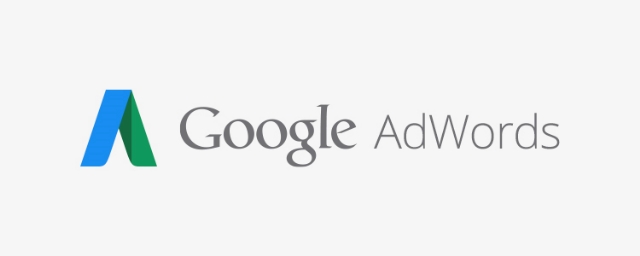A surprising competitor has entered the arena of search engines, as Verizon Media has announced the launch of its privacy-focused search engine called OneSearch.
The search engine says it will not track, store, or share any data from users including personal and search-related information, aligning itself more with search engines like DuckDuckGo than Google.
The search engine is available now at OneSearch.com.
While DuckDuckGo may be more established, OneSearch hopes to make it easier for businesses committed to privacy by integrating the search engine with existing products.
As the company explains in the announcement:
“OneSearch doesn’t track, store, or share personal or search data with advertisers, giving users greater control of their personal information in a search context. Businesses with an interest in security can partner with Verizon Media to integrate OneSearch into their privacy and security products, giving their customers another measure of control.”
The search engine is also taking privacy a step further by adding an “advanced privacy mode” which delivers search results via encrypted links which will expire within an hour.
In the announcement, OneSearch highlights their full suite of privacy-centric features, including:
- No cookie tracking, retargeting, or personal profiling
- No sharing of personal data with advertisers
- No storing of user search history
- Unbiased, unfiltered search results
- Encrypted search terms
As OneSearch promises not to sell users’ data, it will instead rely on advertising to provide its search engine for free. Rather than using users’ browsing data, the search engine says it will show ads based on contextual data such as the current keyword being queried.
Currently, the search engine is only available in North America on desktop or mobile browsers. The company says it plans to expand the search engine to other countries soon and will be launching mobile apps for Android and iOS later this month.






